All dog owners know it, the timeless charm of a puppy hiccup – that adorable, rhythmic interruption to their day. It’s a common sight, leaving many pet parents wondering, “Why does my dog get the hiccups?” and “How do I get rid of dog hiccups?”.
Let’s unravel the mystery of canine hiccups, explore the joyous side of these quirky occurrences, and answer some of the most common questions along the way about why puppies get hiccups.
- Dog hiccups are normal and often occur in puppies.
- Persistent hiccups may need vet attention or could be reverse sneezing.
- Most dog hiccups resolve without intervention.
- Offer water or engage in play to help stop your dog’s hiccups.
- Slowing down your dog's eating can minimize hiccup frequency.
The information provided herein is for informational purposes only. Please refer to our disclaimer for more details..
- Should I Be Concerned if My Dog Gets Hiccups a Lot?
- What Can Be Mistaken for Hiccups in Dogs and When To Call a Vet?
- How Do You Stop a Dog’s Hiccups, and Should You Do It?
- Unravelling the Mystery Behind Dog Hiccups: Theories and Fun Facts about Puppy Hiccups
- Preventing and Embracing Hiccups: A Happy Perspective
- Dog Hiccups: A Symphony of Joyful Sounds
Should I Be Concerned if My Dog Gets Hiccups a Lot?
Image credits: PicsbyFran
Not at all! Just like us humans, adult dogs and puppy hiccups are perfectly normal, and in most cases, it’s quite common for a healthy dog. Puppies, in particular, are prone to these delightful fits.
If your dog experiences hiccups occasionally, there’s usually no cause for concern. The majority of hiccup fits in dogs are temporary, and dog hiccups usually go away on their own. It’s simply just a brief symphony of adorable sounds – your furry friend’s own hiccuping serenade.
What Can Be Mistaken for Hiccups in Dogs and When To Call a Vet?
Sometimes, what we perceive as hiccups might be something else entirely. The rhythmic nature of a dog’s breathing can, in some cases, be mistaken for hiccups, especially when they’re in a state of deep relaxation or experiencing a mild dream.
So, before you break into a “hiccup intervention,” observe their overall demeanor to ensure it’s not just a part of their regular breathing pattern.
Some dogs may also experience what is called reverse sneezing. These sneezing sounds can sometimes sound like a hiccup. However, although rarely dangerous, reverse sneezing can be a symptom of something more insidious. If you are wondering whether your dog is having hiccups or reverse sneezing, we recommend you seek a professional vet opinion.
How Do You Stop a Dog’s Hiccups, and Should You Do It?
Image credits: Treddy Chen
While it might be tempting to help your dog and play the role of a hiccup superhero, most dog hiccups will resolve on their own, and typically hiccups last only a short while. In many instances, it is also not possible to stop them.
However, if your dog has hiccups and you’re feeling proactive and want to lend a helping hand to your hiccuping buddy, here are a few tricks:
- Water Break: Offer your pup a small amount of water. Sometimes, hiccups can be triggered by eating or drinking too quickly, and a sip of water might do the trick, breaking the pattern of the hiccups.
- Distract and Play: Engage your dog in some playtime or a short walk. The excitement and change in breathing patterns can help reset their diaphragm, effectively stopping the hiccuping.
- Change in Environment: Sometimes, a change in surroundings can break the hiccup cycle. If your dog is indoors, take them outside, or vice versa. It may be the change in environment or the movement that causes the stop to the hiccups.
- Gentle Massage: A gentle massage around the neck or back can help relax your dog and potentially alleviate hiccups. However, remember to keep an eye on your dog. Some dogs do not enjoy neck massages and may become uncomfortable during them.
Remember, though, in most cases, your dog’s hiccups last only a short while and will naturally subside without intervention from you or a veterinarian. Never attempt to scare your dog.
Unravelling the Mystery Behind Dog Hiccups: Theories and Fun Facts about Puppy Hiccups
It is no wonder you’re now asking yourself, “Why does the hiccup occur?” Well, although the causes are not entirely known, for humans or dogs, there are some theories available!
Diaphragm Delight can Cause Hiccups
One theory is that hiccups occur when the diaphragm – the muscle that separates the chest and abdomen and plays a crucial role in breathing – experiences a sudden spasm. This theory suggests that hiccups are a result of the diaphragm contracting involuntarily.
Eat, Drink, and Be Hiccup-Free
Another theory is that hiccups in dogs and puppies can be caused by them eating or drinking too quickly. Just like humans, if our furry friends gulp down their food or water, it can lead to an influx of too much air, triggering a bout of hiccups.
When Puppies Get Hiccups
Puppies are the bundles of energy they are, so hiccups are typically much more common in puppies, happening less as the dog ages. This is often attributed to their playful and enthusiastic nature, which may cause them to eat, drink, or breathe rapidly, thereby leading to hiccups.
Fetal Hiccups
Some theories even suggest that fetal hiccups, experienced in the womb, might contribute to the occurrence of hiccups in puppies. It’s like a whimsical reminder of their earliest days.
Despite the commonality of hiccups, their exact purpose or evolutionary significance remains unclear; hiccups are a natural part of life. In most cases, hiccups are harmless and self-limiting, resolving on their own.
Preventing and Embracing Hiccups: A Happy Perspective
While you can’t entirely prevent hiccups, especially in playful pups, you can take a few measures to minimize their frequency:
Slow and Steady Wins the Race
If your dog is prone to eating or drinking too quickly, try feeding your dog smaller portions or using a slow-feeding method to encourage a more leisurely pace might be helpful. A slow-feeder is a type of dog bowl that assists your furry friend in slowing down a bit, and might be well worth it if your puppy is prone to hiccups!
Calm and Comfort To Get Rid of Dog Hiccups
Creating a calm environment during mealtime can help prevent the feeding excitement that may trigger hiccups. Try establishing a quiet space for your dog to enjoy their meals without distractions. If you have more than one dog, keeping them separate during feeding time might also encourage a more suitable dinner pace.
Hydration Happiness
Ensure your pup has access to fresh water at all times. Proper hydration can contribute to overall well-being and may help reduce the likelihood of hiccups.
In the vast majority of cases, however, it is not necessary to prevent or treat hiccups. However, if your dog has suddenly started experiencing frequent hiccups, with no apparent reasons or if you are worried about it, it might very well be worth giving your veterinarian a quick call. Just to make sure you and your best friend can sleep soundly and without worrying!
Dog Hiccups: A Symphony of Joyful Sounds
So, the next time your dog gets the hiccups, don’t fret – rejoice! It’s a perfectly normal and often entertaining part of their canine repertoire. Whether you choose to let the hiccups serenade you or play the role of a hiccup superhero with a water bowl in hand, know that these rhythmic interruptions are just another delightful quirk that makes your dog uniquely lovable.
133views
Share on FacebookA tip for anyone who's pup gets hiccups. Gentle circular rubs on the tummy help my pup tremendously. It seems to stop them very quickly. So much so that when he gets them now, he rolls over straight away ready for his tummy rub!!! Although this maybe just a coincidence lol
A tip for anyone who's pup gets hiccups. Gentle circular rubs on the tummy help my pup tremendously. It seems to stop them very quickly. So much so that when he gets them now, he rolls over straight away ready for his tummy rub!!! Although this maybe just a coincidence lol

 Dark Mode
Dark Mode 

 No fees, cancel anytime
No fees, cancel anytime 


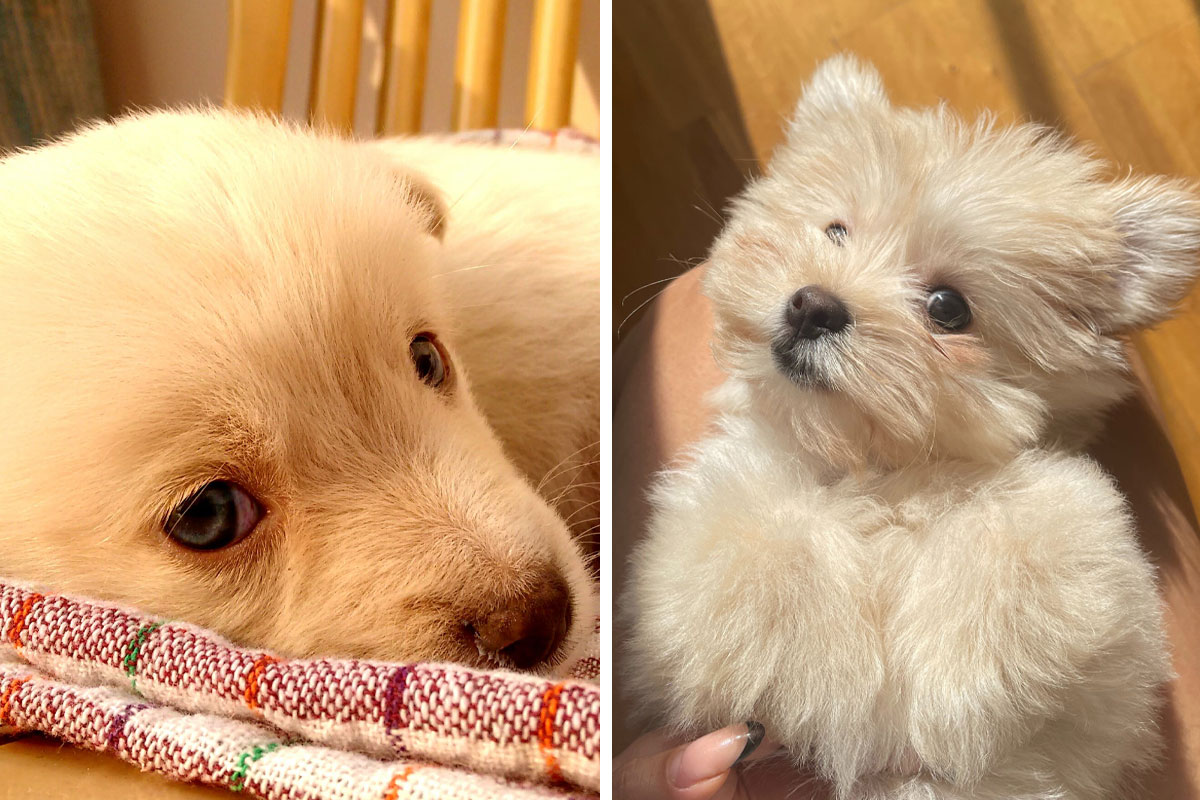
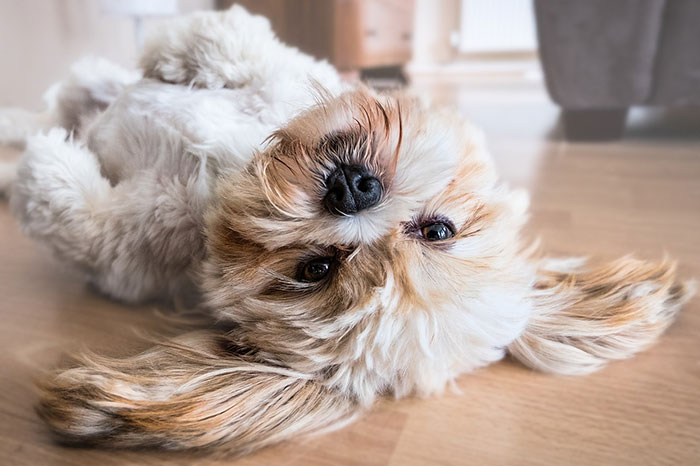
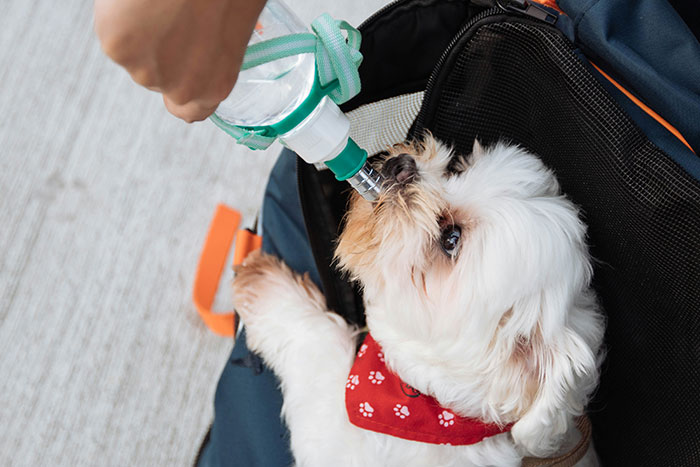




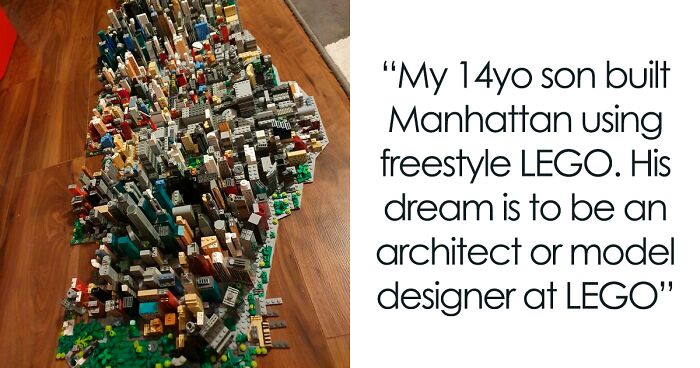
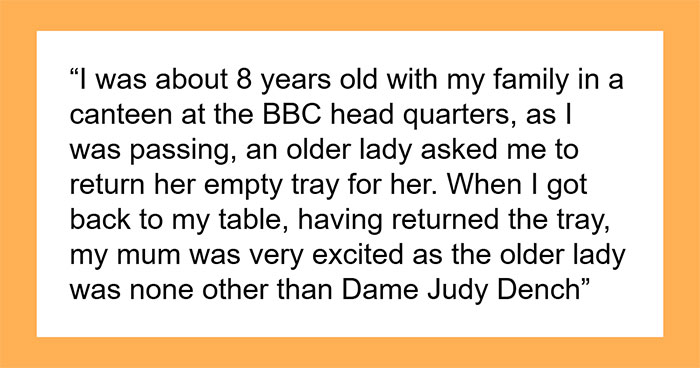





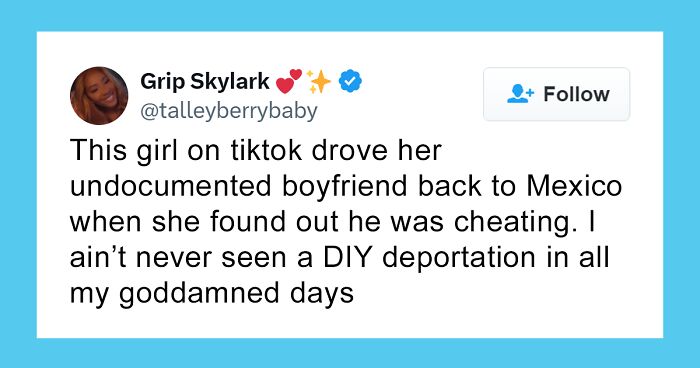




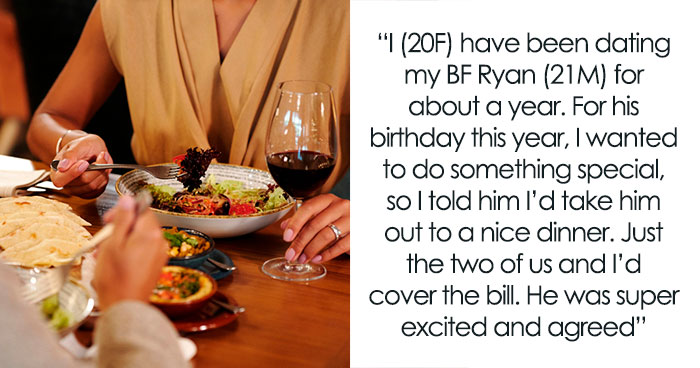
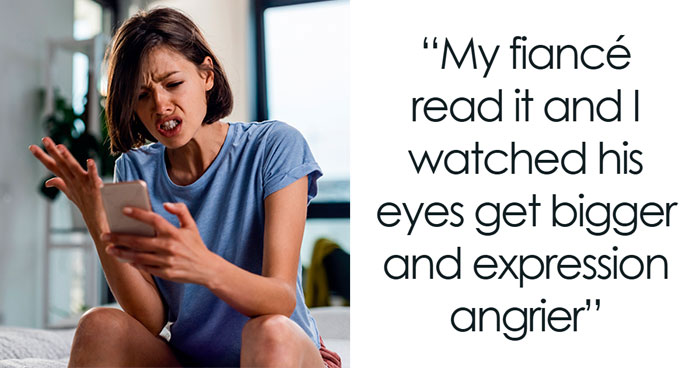
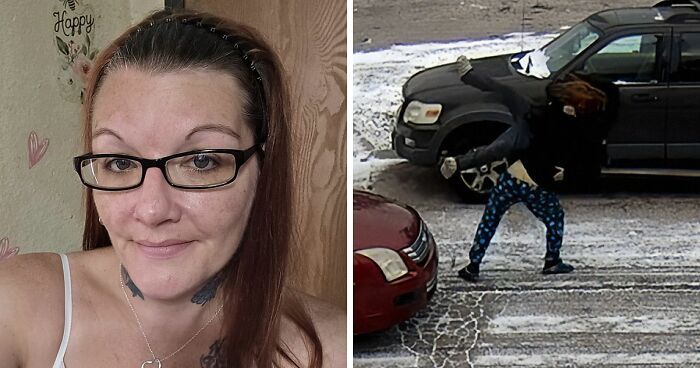

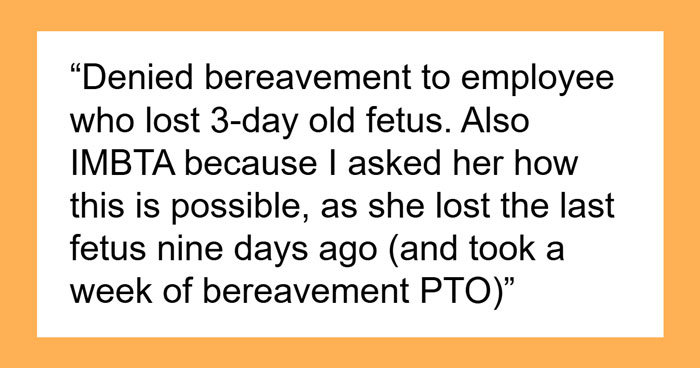


-2
1